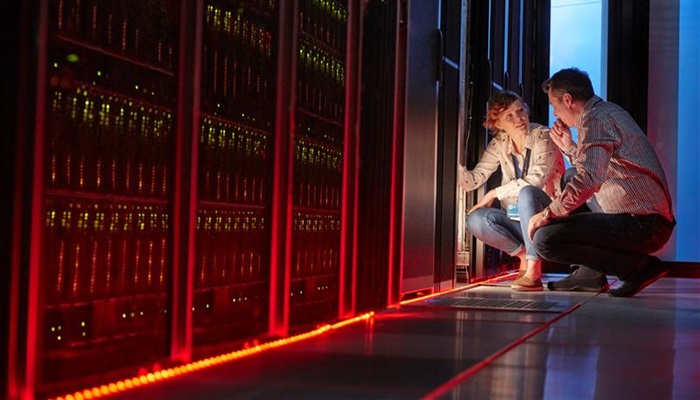
- Availability and entry to proper knowledge is essential problem to decarbonization efforts, regardless of 54% of organizations’ having mature or superior data- pushed operations
- Decarbonization and useful resource effectivity depend on particular knowledge varieties
- Advances in digitalization allow extra sustainable infrastructure however monumental potential stays
- Organizations price synthetic intelligence (AI) as most impactful expertise for decarbonization and useful resource effectivity
Siemens Good Infrastructure has revealed a brand new report entitled “Digital Transformation, Sustainable Returns: The New Pathway of Infrastructure”. It’s based mostly on a survey of 650 senior executives and explores how digitalization may be harnessed to speed up decarbonization and remodel the world’s infrastructure – notably in vitality, buildings and industrial operations. The findings spotlight how sensible infrastructure permits decarbonization, useful resource effectivity and collaboration to realize sustainability objectives. Nevertheless, while there was vital progress lately, there’s nonetheless an immense untapped potential, particularly relating to data-driven operations.
Digitalization is a key enabler of decarbonization
The principle insights embody the extent to which digitalization permits extra sustainable infrastructure, the significance of the proper knowledge to tell decision-making on the trail to web zero, and which applied sciences leaders count on to have the best optimistic influence. Digital platforms are additionally seen to be a bonus for companies, with respondents ranking the highest 5 advantages of their adoption as scalability; time and price effectivity; sooner implementation; reliability; and interoperability.
“Digitalization is a robust enabler of sustainability, and decarbonizing our buildings, grids and infrastructure is inside attain with options that exist right now. For instance, with IoT driving down the price of sensible constructing applied sciences, we are able to join programs, scale back vitality use, and unlock huge financial savings,” mentioned Thomas Kiessling, CTO of Siemens Good Infrastructure. “To speed up decarbonization and meet crucial local weather targets, we should harness digital applied sciences like AI and IoT in a extra transformative approach. The options exist, the financial savings are clear – there isn’t a purpose to not act now.”
Digital applied sciences had been discovered to play a crucial position in decreasing carbon footprints, optimizing useful resource use, and integrating renewable sources. 55% of respondents mentioned that digital applied sciences have a big or huge potential to advance the decarbonization of their operations. Nevertheless, with 45% stating they see little or no such potential, many might not absolutely respect the hyperlinks between digitalization and decarbonization.
Information gaps pose a significant problem
Smarter, related infrastructure is essential to vitality administration. Regardless that 54% of these surveyed say their organizations are mature or superior within the data-driven administration of their operations, the analysis additionally finds that one of many main challenges to decarbonization efforts is knowledge availability. A substantial proportion of respondents say they’ve little or not one of the knowledge they want in areas which can be key to enhancing decarbonization and useful resource effectivity: 44% lack emissions knowledge, 46% lack plant and equipment efficiency knowledge, and 30% lack vitality consumption knowledge.
Respondents additionally face hurdles in leveraging knowledge even when it’s accessible because of limitations of their group’s skills to successfully combine, handle, and analyze knowledge coming from a wide range of sources. There’s a acknowledged want throughout organizations to extend the quantity, enhance the standard, and improve the supply of their knowledge belongings in the event that they want to make knowledgeable selections and obtain higher effectivity and sustainability outcomes.
AI could possibly be key to the vitality transition
Based mostly on the outcomes of the survey, it’s clear that AI is the expertise anticipated to have essentially the most optimistic influence on decarbonization and useful resource effectivity: 33% of respondents imagine AI to have the most important influence within the subsequent three years. Nevertheless, for now, different options contribute considerably to emission reductions, together with IoT, digital twins, sensible grids, and edge applied sciences.







